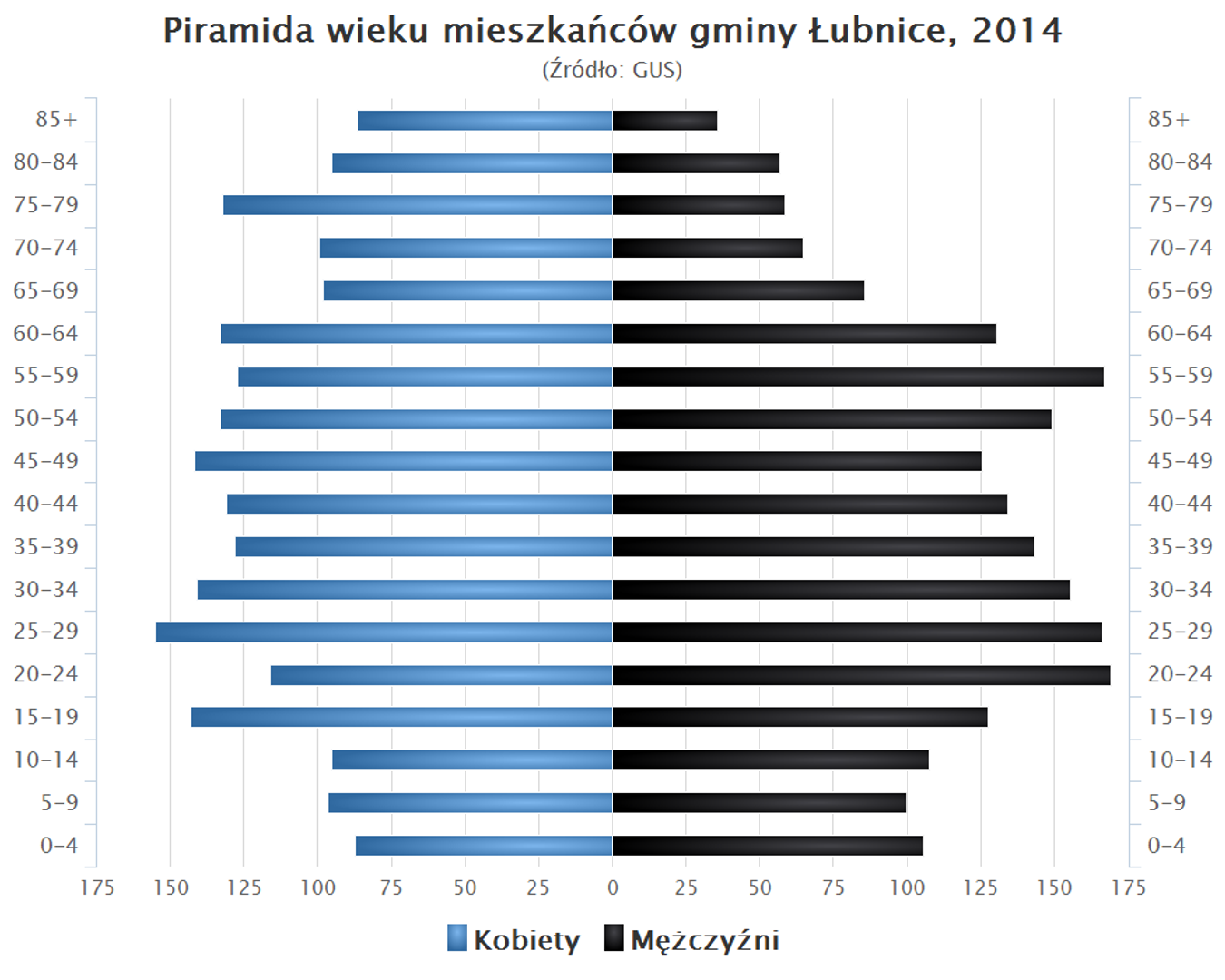Lubnice
6.11

Overview
Łubnice is a rural commune located in the Świętokrzyskie Voivodeship, in Staszów County. It was established on January 1, 1982, when several village administrations (sołectwa) were separated from the Połaniec commune. For the first 16 years of its existence, the commune was part of the Tarnobrzeg Voivodeship. Administratively, the seat of the commune is the village of Łubnice. In 2004, the commune had 4,431 inhabitants, the majority of whom are engaged in agriculture, particularly in strawberry cultivation, which is a significant part of the local economy.
The commune covers an area of 84.01 km², of which 78% is agricultural land and 13% is forest land, highlighting the strong agricultural character of the region. The commune occupies 9.08% of the area of Staszów County. The demography of the commune has been analyzed, among other things, in the context of the age pyramid in 2014, which may indicate population characteristics and the dynamics of social changes in the region. In 2010, the average income per capita was PLN 8,335.09, providing insight into local economic conditions, while expenditures per capita reached PLN 7,366.68.
The Łubnice commune consists of numerous village administrations, including Beszowa, Borki, Czarzyzna, Gace Słupieckie, Grabowa, and Łyczba. In addition, there are villages without administrative status, such as Czajków and Zajeziorze. The commune is surrounded by neighboring communes such as Czermin, Oleśnica, Pacanów, Połaniec, Rytwiany, and Szczucin, which may influence local community cooperation and trade exchange.
An interesting fact is that strawberry cultivation dominates the region, making Łubnice a prominent location on Poland's agricultural map. The growing importance of the commune in this industry may attract investments and new initiatives, which is beneficial for the residents. In architectural terms, the commune is characterized by rural development typical of Polish countryside areas, with single-family homes and farmsteads that mostly use traditional building materials. Historically, the commune has been part of a region where agriculture has always played a key role in the economy, which is also reflected in the cultural aspects of the residents' lives, who cherish local traditions and customs related to agriculture.
Location
2026 Wizytor | All Rights Reserved